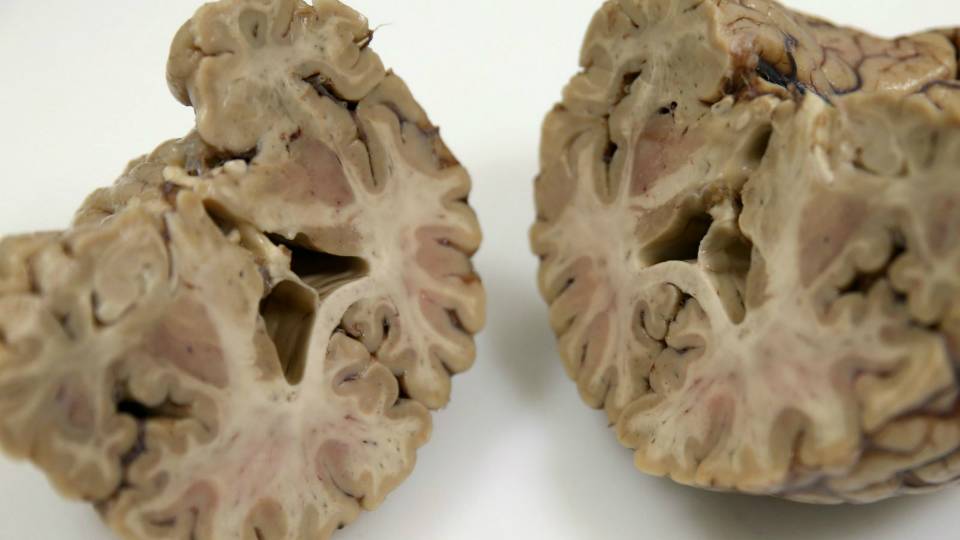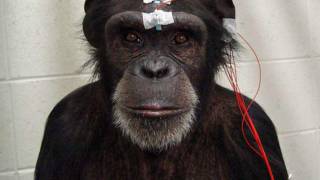A civil servant missing most of his brain challenges our most basic theories of consciousness
Not much is definitively proven about consciousness, the awareness of one’s existence and surroundings, other than that it’s somehow linked to the brain. But theories as to how, exactly, grey matter generates consciousness are challenged when a fully-conscious man is found to be missing most of his brain.
Several years ago, a 44-year-old Frenchman went to the hospital complaining of mild weakness in his left leg. It was discovered then that his skull was filled largely by fluid, leaving just a thin perimeter of actual brain tissue.
And yet the man was a married father of two and a civil servant with an IQ of 75, below-average in his intelligence but not mentally disabled.
Doctors believe the man’s brain slowly eroded over 30 years due to a build up of fluid in the brain’s ventricles, a condition known as “hydrocephalus.” His hydrocephalus was treated with a shunt, which drains the fluid into the bloodstream, when he was an infant. But it was removed when he was 14 years old. Over the following decades, the fluid accumulated, leaving less and less space for his brain.
While this may seem medically miraculous, it also poses a major challenge for cognitive psychologists, says Axel Cleeremans of the Université Libre de Bruxelles.
“Any theory of consciousness has to be able to explain why a person like that, who’s missing 90% of his neurons, still exhibits normal behavior,” says Cleeremans. A theory of consciousness that depends on “specific neuroanatomical features” (the physical make-up of the brain) would have trouble explaining such cases.
In theory, the frontal, parietal, temporal, and occipital lobes in the brain control motion, sensibility, language, vision, audition, and emotional and cognitive functions. But those these regions were all reduced in the Frenchman. He did not, however, suffer significant mental effects, suggesting that, if an injury occurs slowly over time, the brain can adapt to survive despite major damage in these regions.
Cleeremans, who gave a lecture on the subject at this year’s Association for the Scientific Study of Consciousness conference in Buenos Aires, believes that the seeming plasticity of the brain is key to understanding how consciousness operates.
He believes that the brain learns to be conscious. As such, few specific neural features are necessary for consciousness, since areas of the brain are able to adapt and develop consciousness.
“Consciousness is the brain’s non-conceptual theory about itself, gained through experience—that is learning, interacting with itself, the world, and with other people,” he says.
In the paper where he puts forward his thesis, Cleeremans argues that in order to be aware, it’s necessary not simply to know information, but to know that one knows information. In other words, unlike a thermostat that simply records temperature, conscious humans both know and care that they know. Cleeremans claims that the brain is continually and unconsciously learning to re-describe its own activity to itself, and these descriptions form the basis of conscious experience.
Ultimately, Cleeremans believes that consciousness is “the brain’s theory about itself.” And so, while the Frenchman may have had a tiny brain, it was still apparently able to generate a theory about itself and is “a striking case of how the brain learns to adapt.”






















